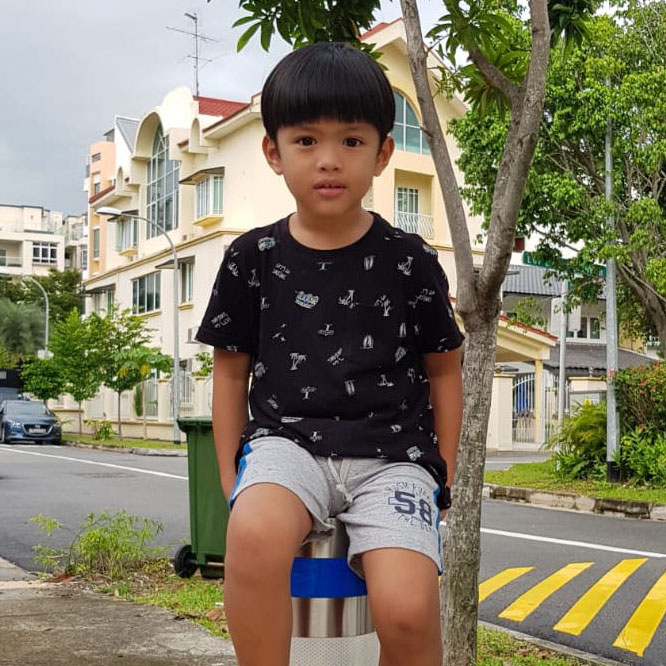
Language Intervention
Language development should not be looked at as an isolated area. It is interlinked with other aspects of development such as cognition, social skills, pre-academic and academic skills, motor skills, physical and emotional growth.
Two critical foundations of language learning, in fact any form of learning, are focus and behaviour.
At the start of the intervention process, the therapist addresses not only language but focus. The child is encouraged to pay attention to what is being taught.
Behaviour modification may be necessary to have the child ready, willing and eager to participate, listen and absorb.
Once some sort of focus is established, the child's attention span is lengthened through activities that facilitate joint attention.
Prior to any production of speech, language comprehension must be present. A child who repeats sounds, words and phrases may not necessarily understands the meaning behind such repetition.
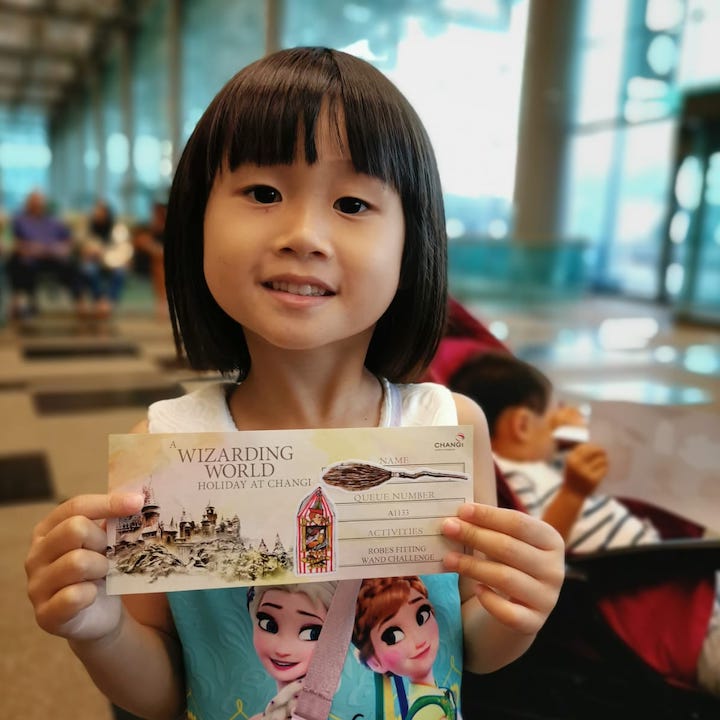
Auditory Verbal Therapy
Auditory Verbal Therapy targets children with hearing issues.
The aim is to develop the child's listening skills with the use of hearing aids, cochlear or ear implants and FM systems.
During sessions, the child is encouraged to develop spoken language through listening. The child develops a listening personality and is interested in the world of sounds around him, especially the sound of speech. Visual cues, gestures and sign language are not used.
With joint attention to activities and games, the child develops a listening personality.
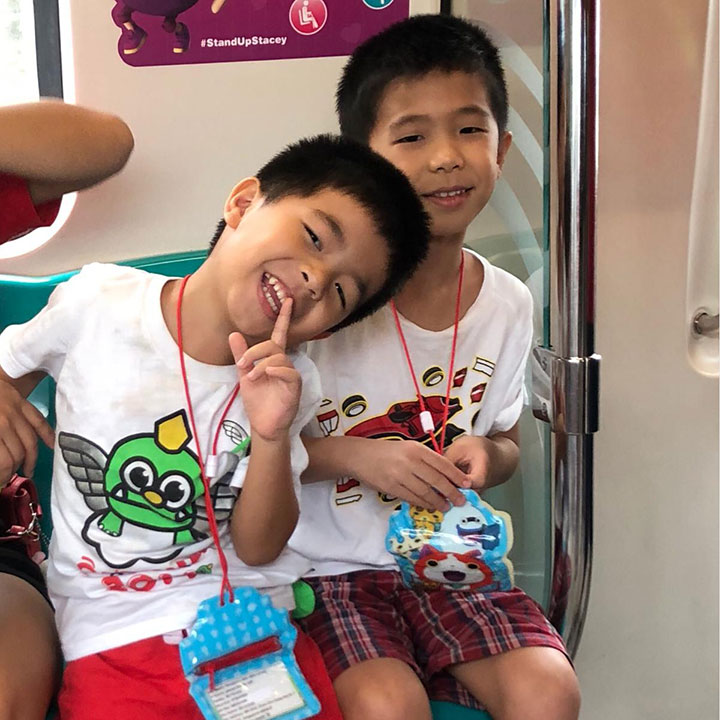
Group Sessions for Social and Classroom Interactions
Group sessions comprise of three or more children.
The goals of group sessions are social awareness, turn taking skills, appropriate techniques on how to attract the attention of others, development of spoken conversational skills, non-verbal communication and the understanding of humour.
Pre-academic and academic knowledge and skills will also be introduced and harnessed. Appropriate classroom behaviours are developed in these sessions.
Group sessions are typically conducted during the Singapore local school holidays.
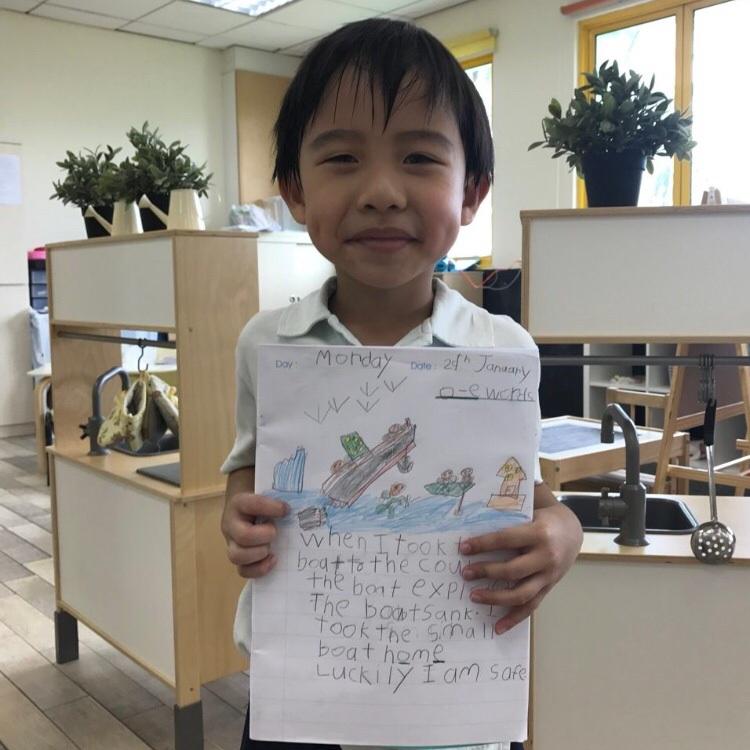
School Visits
School visits can be conducted to ensure that the child is integrating well in his/her academic and social environment.
During the visits, observations of the child in a classroom and/or social settings are made followed by a discussion with school principals, teachers, allied educators, special needs officers, school staff and most importantly, the parents and caregivers of the child.
The goals are to discuss and implement measures and techniques that will give the child the best opportunities and environment in which to blend it, thrive, benefit from the curriculum and enjoy school.
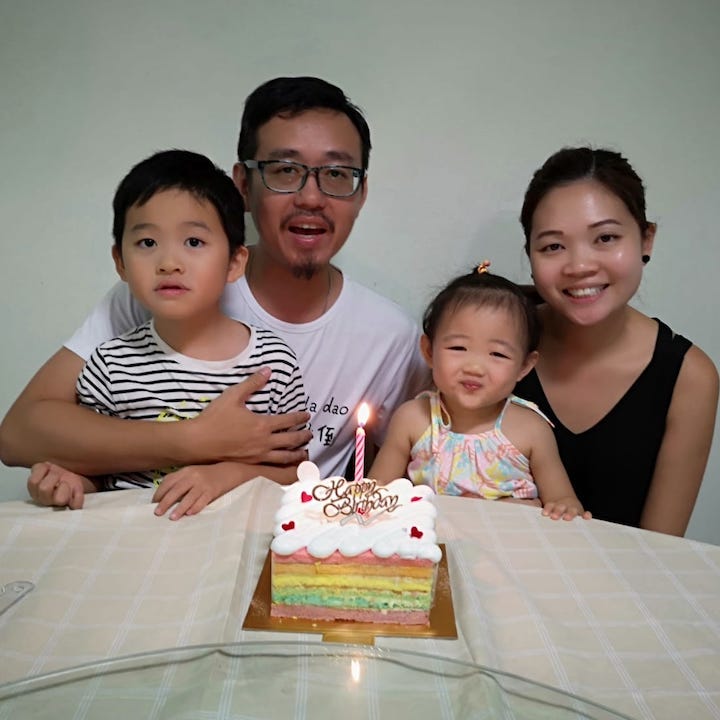
Home Visits
Home visits can be arranged to provide the parents and caregivers with suggestions on how to capitalize on home activities, using items around the house, to achieve language goals.
Observations and suggestions on how the parents and caregivers can encourage language development in the home environment will be made.
Areas of Focus
Various strategies are used to encourage the child to attend, listen, react, respond, comprehend and subsequently, verbally express himself/herself.
After each session, the caregiver is armed with skills that can be practised at home. Each activity's purpose is explained to the caregiver.
Areas that are included in the ongoing progress evaluation of the child are:
- Focus
- Attention Span
- Joint Attention
- Learning Behaviour
- Learning Ability
- Learning Pace
- Listening and Auditory Processing Skills
- Language Comprehension
- Verbal and Non-Verbal Language Expression
- Cognitive Processing Abilities
- Social Interaction Skills
- Emotional Development
- Play Skills
- Quality of Play
- Behavioural Development
- Parent-Child Relationship
- Development of interest in literacy
- Development and interest in pre-academic and academic areas
- Humour